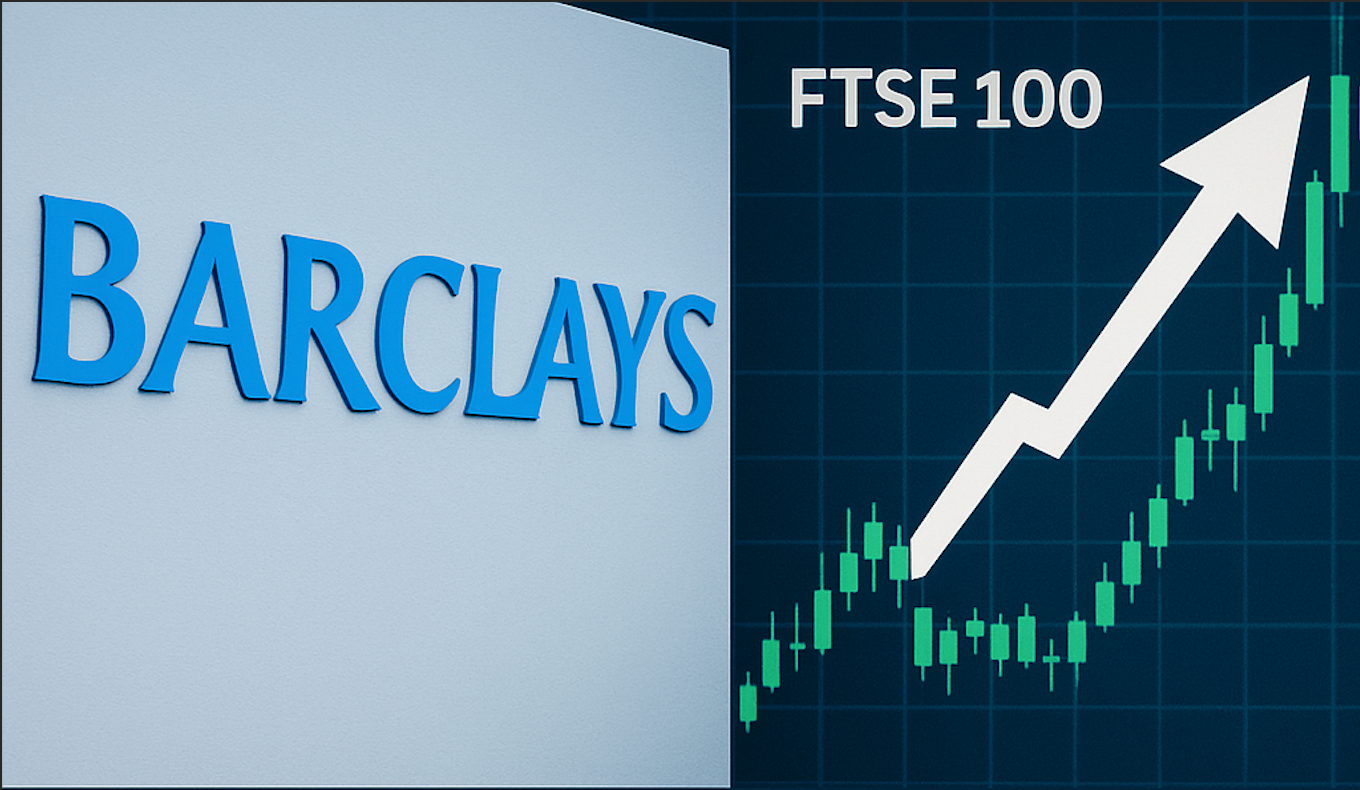Barclays Shares Experience Significant Surge Following Tariff Changes
In a remarkable turn of events, shares of Barclays surged by over 20% at the market open, eventually stabilizing at a 15% increase. This rebound reflects a broader recovery in the FTSE 100 index following the removal of tariffs previously imposed by the Trump administration. The lifting of what was dubbed ‘Liberation Day’ tariffs has fostered a more positive market sentiment, allowing Barclays and other stocks to recover from recent declines.
Impact of Tariff Removals on Financial Markets
The abrupt change in the tariff landscape is expected to have significant implications both for investors and the overall economy. The elimination of these tariffs, which had previously weighed heavily on market performance, comes as a welcome relief for many companies that were facing the brunt of increased costs and diminished profit margins.
Barclays, in particular, has seen a notable shift in investor confidence. With a one-month fall now reduced to just 3%, the bank’s stock price indicates a recovery trajectory that analysts had been cautiously optimistic about.
Market Reactions and Investor Sentiment
Investor sentiment has played a crucial role in the stock market’s fluctuations. The positive news concerning the tariff removals prompted many investors to reassess their positions on Barclays shares. The bank’s stock was viewed as undervalued in the face of previous tariff challenges, which placed immense pressure on its performance.
- Strong initial growth of over 20%
- Stabilization at a 15% rise, reflecting renewed investor trust
- Reduction of one-month fall to 3%
Analysts suggest that this surge may not only be a short-term phenomenon but could signal more stable trading conditions moving forward. The hope is that the removal of these tariffs will lead to a ripple effect, encouraging other companies to improve their operational efficiencies and expand their market reach.
Future Prospects for Barclays and the FTSE 100
Looking ahead, the situation points to potential growth for Barclays and the wider FTSE 100. As companies adapt to the new tariff-free environment, it is expected that their performance metrics will improve, attracting further investment. Market analysts are keenly observing the shifts in trading patterns as firms adjust to these new economic realities.
Ultimately, the removal of the tariffs marks a pivotal moment in financial markets, particularly for firms exposed to international trade. Beyond Barclays, other companies are expected to follow suit, leading to an overall uplift in the market.
The increased activity and heightened investor confidence could set a positive precedent for upcoming corporate earnings reports, where a strong performance may be expected across various sectors, particularly those heavily reliant on international trade.


